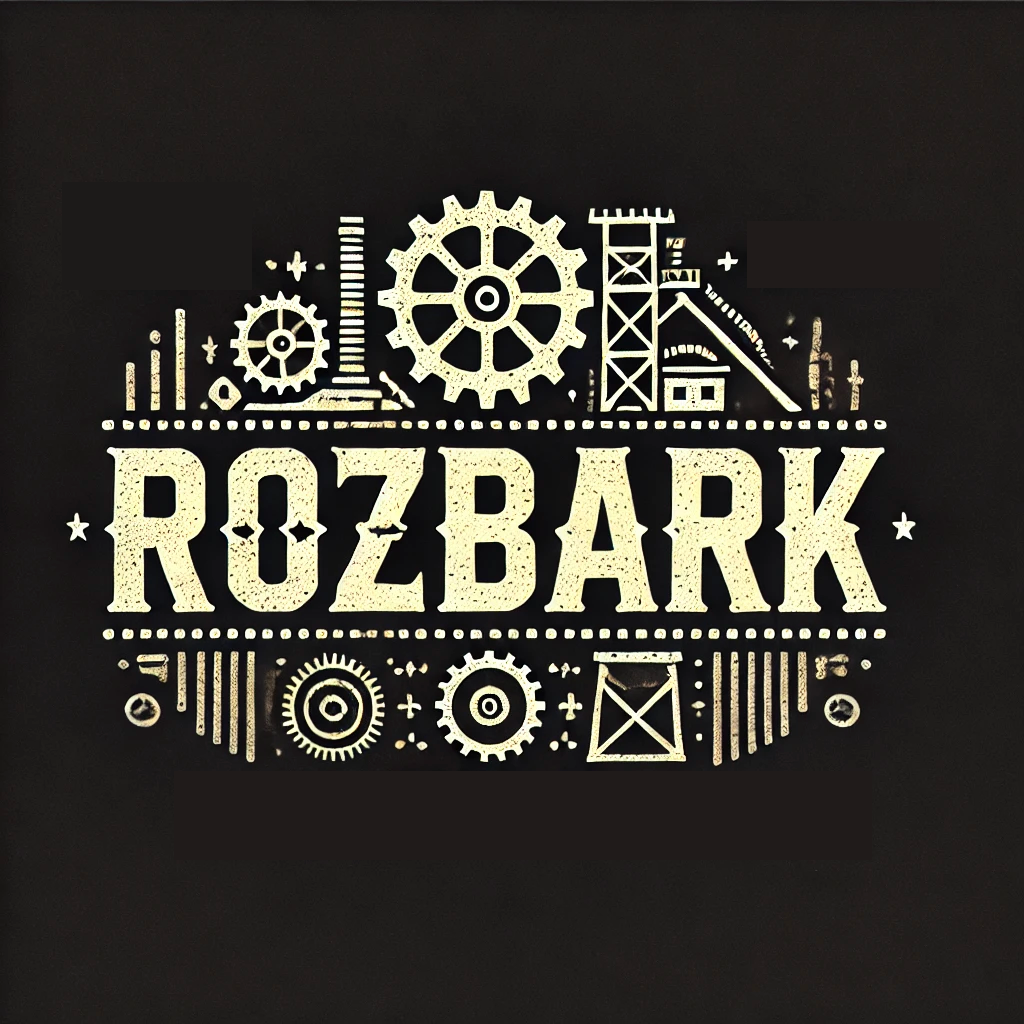Si può ereditare il dolore? È la domanda, sorprendente, posta da questo documentario. A quanto pare, sì. Negli ultimi anni scienza e psicanalisi hanno messo in luce che nella mente e nel corpo di noi umani si possono depositare le tracce di dolori patiti dai nostri avi, ma che scuotono le nostre vite: si parla di trauma intergenerazionale. È ciò che ho scoperto tre anni fa, quando un incendio a Torino mi ha provocato un violento attacco di panico. Grazie al lavoro svolto con la mia terapista, mi sono arreso all’evidenza che quelle fiamme hanno risvegliato in me un ricordo impossibile: l’incendio della sinagoga di Beuthen (oggi Bytom) da parte dei nazisti, nella famigerata “Notte dei cristalli”. È plausibile che mia nonna materna vi abbia assistito e, tramite mia madre, mi abbia trasmesso il trauma, ma per averne conferma non ho altra via che indagare, attraversando la Calabria, dove sono cresciuto, la Polonia, dove sono nato, e la memoria della mia famiglia, avvolta da un tenace silenzio.
Adoro scrivere storie. Non era nei miei piani dirigere un documentario, ma la diagnosi di trauma intergenerazionale ha cambiato la mia vita sotto tanti aspetti, spingendomi, fra le altre cose, a compiere questo passo. Con questo film mi pongo due obiettivi: il primo è raccontare una vicenda personale, intima e calda: la storia di un dolore che attraversa tre generazioni, lingue e culture; il secondo è investigare un fenomeno sempre più dibattuto: è l’argomento di bestseller come “L’eredità emotiva” (Galit Atlas) ed è anche il concept alla base di blockbuster come “Everything Everywhere All at Once” o “Encanto”, ma per il grande pubblico la sua dinamica è ancora un mistero. Il racconto di questa storia mescola fiction e non-fiction, e ha la forma di una lunga lettera a mia figlia, perché il senso di questa ricerca è proprio svelare i segreti che la mia famiglia porta con sé da tre generazioni, così che la quarta – quella di mia figlia – non riceva il dolore che noi abbiamo vissuto.
